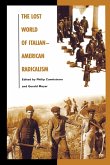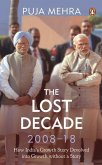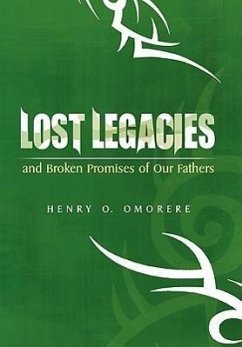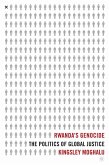When Japan attacked Pearl Harbor and other Western positions in the Asia-Pacific World in December 1941, it was unprepared to go to war with the United States and the Western Democracies generally and even realized it could not win. Its navy and air force were impressive, and its army could battle impressively against China, but Japanese small arms were terrible. Japan's tanks could not compete with their opposite numbers. The Empire's logistical base was undeveloped for modern warfare. While the Allies could produce large numbers of trained many pilots, Japan produced very few. When its elite airmen were lost at the Battle of Midway in June 1942, Japan could not replace them. At sea, Japan built battleships when it needed more aircraft carriers. The Japanese military never even attempted to win World War II by a simple and direct plan. Its planners consistently assumed that the enemy would do precisely what they assumed and countenanced no alternative analyses of facts.
Hinweis: Dieser Artikel kann nur an eine deutsche Lieferadresse ausgeliefert werden.
Hinweis: Dieser Artikel kann nur an eine deutsche Lieferadresse ausgeliefert werden.








